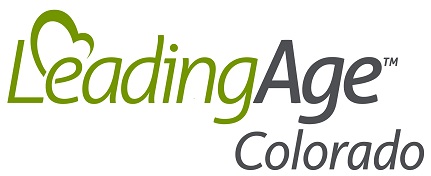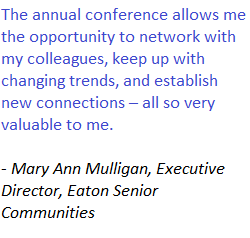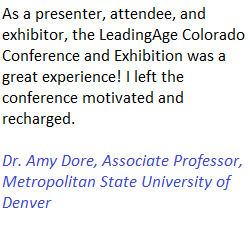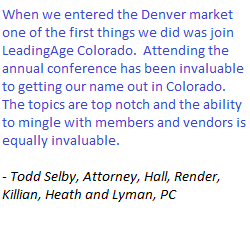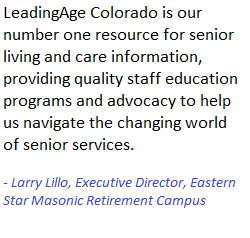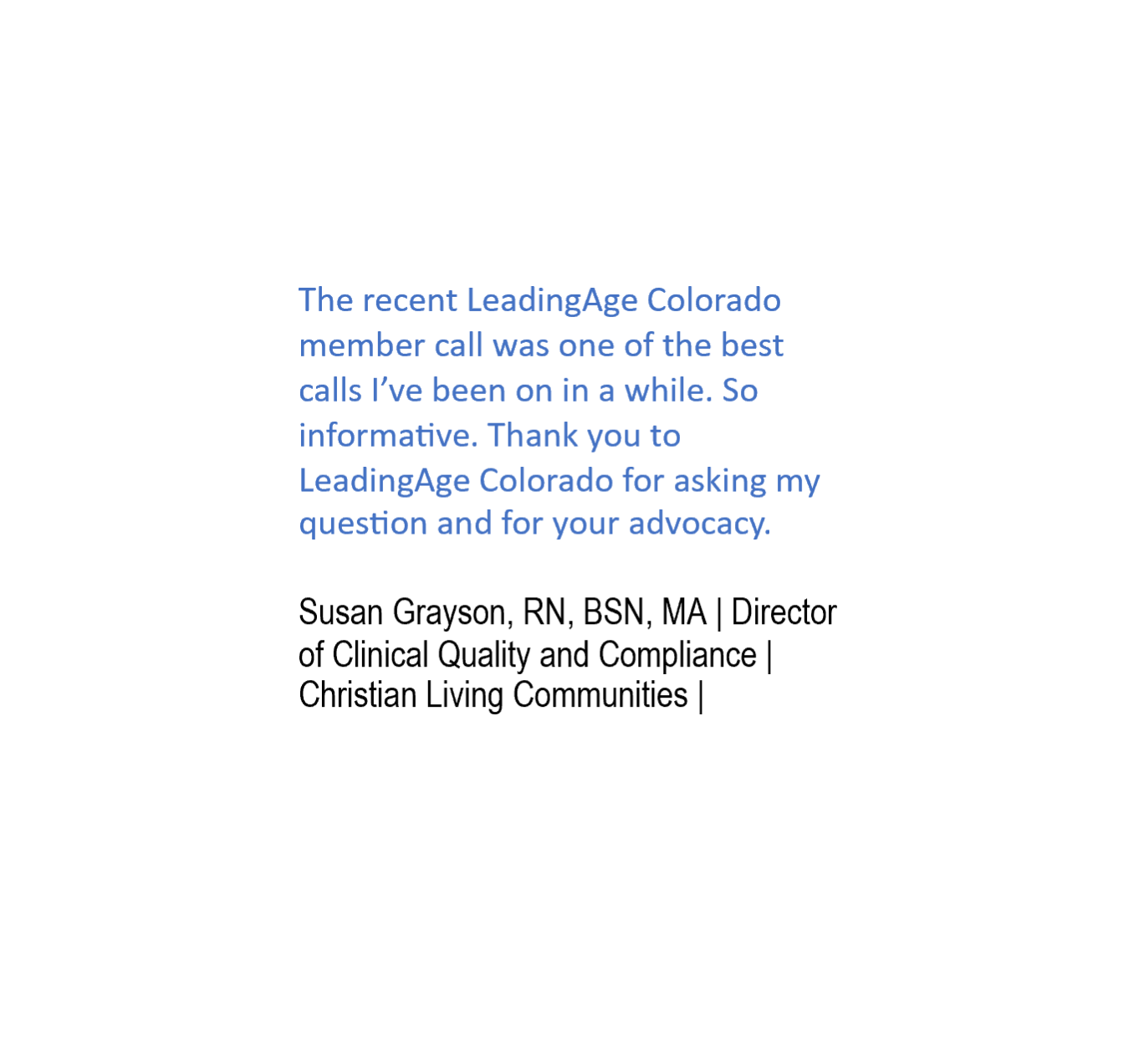New Evidence That Low Employee Turnover Correlates With High Profits
The single best strategy for retaining employees is managerial attention, writes consultant Bill Conerly in Forbes. "Tell the employees they are valuable," he recommends. "Offer feedback on how they are doing. Very few employees get enough feedback, and it really helps with retention." Conerly also says senior leaders at big companies should get their first-level supervisors conversing with rank-and-file workers, but they are typically...
Read More
How Do Older Workers Impact the Workplace?
According to the Department of Labor, 12.5 percent of older adults in the United States continue to work full-time jobs. A study published in Workplace Health & Safety explored the impacts of older adults remaining in the workforce, reports Medical News Bulletin. In terms of benefits, older workers bring valued experience and reliability to jobs. However, older workers face the risk of a higher chance of injuries and declining health. These challenges can ultimately impact performance in the...
Read More
An Employee Retention Game-Changer: The Stay Interview
Does your organization find it’s spending an exorbitant amount of time on new hire interviews, only to have employees churn in and out? This “revolving door” effect is keeping hiring managers in senior care busy, especially when you consider that the rate of turnover in some staff positions is 50% or higher. The situation seems pretty dire, doesn’t it? Luckily, a little proactive discussion can help. Learn how the ‘stay interview’ can have a positive impact on your organization’s employee...
Read More
How Agencies Can Tap a Rising Generation’s Impulse to Do Good
A report from the University of Maryland's Do Good Institute finds that students entering college have a very high interest in helping others, but the volunteer rate for these students has not increased over the past decade, reports Government Executive. Experts say this is creating lost opportunities to involve young people in the public sector. This issue becomes particularly important because a large swath of the workforce in the public...
Read More
How to Build A Rewards Program That Boosts Employee Engagement
A fun and inclusive rewards program is an essential component for attracting, engaging and retaining employees in senior living. But what exactly should a rewards program look like for your organization? Learn the five actions you can take to build a successful rewards program that resonates with employees and boosts...
Read More
Can Training Eliminate Biases? Starbucks Will Test the Thesis
Following an incident at a Starbucks in Philadelphia that prompted charges of racial prejudice, Executive Chairman Howard Schultz called Demos President Heather McGhee to discuss the use of anti-bias training to prevent employees from making similar errors, reports the New York Times. Starbucks then announced that it would close all of its U.S. stores on May 29 to offer such training for 175,000 employees. Starbucks referred to...
Read More
Nursing Schools Are Rejecting Thousands of Applicants — In the Middle of a Nursing Shortage
American nursing academies are rejecting thousands of qualified applicants despite a major nursing shortage caused by mass retirements and the burgeoning senior population, reports CNN. "There's tremendous demand from hospitals and clinics to hire more nurses," notes Robert Rosseter with the American Association of Colleges of Nursing. "There's tremendous demand from students who want to enter nursing programs, but schools are tapped out." The American Nurses Association estimates that...
Read More
CDC Says Healthcare Workers Have Highest Asthma Prevalence
An analysis of recent data from the Centers for Disease Control and Prevention's (CDC) annual National Health Interview Survey (NHIS) published in the CDC's Morbidity and Mortality Weekly Report found asthma is most common among healthcare workers and those in related industries, reports MedPage Today. The current asthma prevalence among employees in healthcare and social assistance is 8.8 percent, versus 5.4 percent...
Read More
Why Asking About Current Pay Is the New Taboo for Prospective Employers
Major companies have instructed recruiters not to ask job candidates about salary or benefits in their previous employment, as more employers stop using past wages as a guide for setting their future salaries due to new laws designed to close wage gaps in the workforce, reports the Wall Street Journal. In 2016, New York City and Massachusetts passed rules barring employers from pressing job seekers to report salary history,...
Read More
